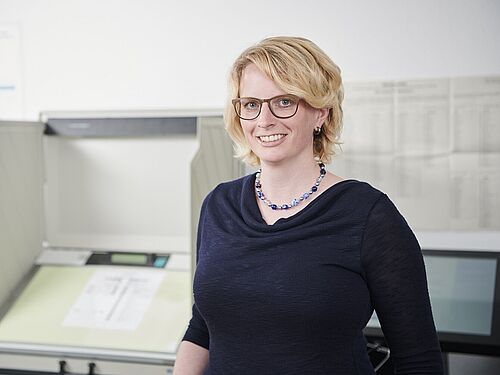Abstract. Free, secret, universal and equal elections are the core element of democracies. In many cases the default voting channel is the paper one (i.e. votes are cased on paper either in the polling station or at home and then send via postal service to some central place such). However, due to the pandemic, more and more election management boards considered using remote electronic voting systems and several decided to actually offer an electronic channel. In particular, in Germany, often, so called black box voting systems are used while researchers have been proposing end-to-end verifiable voting schemes. In this talk, Melanie Volkamer will discuss risks of black box voting systems as well as challenges of end-to-end verifiable voting schemes and how some of these challenges can be addressed when taking a human centred approach.
Biography. Professor Dr. Melanie Volkamer is the head of the research group "Security * Usability * Society" (SECUSO) at the Karlsruhe Institute of Technology. The research group has been part of the Institute for Applied Informatics and Formal Description Languages (AIFB) since 2018. Melanie Volkamer is a PI at the KASTEL Security Research Lab. She did her PhD on the security evaluation of electronic voting system and was consulted by various election management boards including the OSCE and the Council of Europe. Her research focuses on human aspects on various research questions in the context of human centred security and privacy.
To the YouTube-Video


